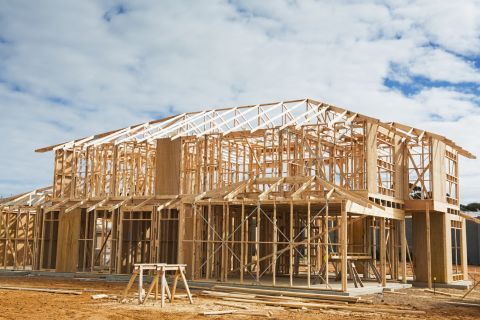Have we hit peak life expectancy?
As life expectancy in Australia falls, what can we do to make the health system stronger?

Support our campaign
- Your support can help make a difference.
Become a member or donate to support our Health costs campaign.
It’s official, Australia’s life expectancy has declined again. Don’t panic though, we are still the fourth highest in the world (overall). This is no mean feat given that some areas, such as the Northern Territory, have significantly lower life expectancy than the rest of the country.
For those born today, Australian girls are expected to live to 85.1 years, and boys to 81.1. The general trend highlights the importance of preparing for longer lifespans, even in uncertain times.
The ongoing effects of the COVID-19 pandemic meant that overall life expectancy fell by 0.2 years for females and 0.1 for males in 2022 compared to figures released 12 months ago.
The recent drop serves as a stark reminder of the uncertainties we face and the need to be proactive.
The recent declines in life expectancy underscore a broader global trend: life expectancy improvements have slowed in high-income countries since the 1990s, and in some cases, reversed due to factors such as the pandemic and emerging health crises.
Chronic health conditions also play a part. As one study found, multiple chronic conditions have a negative impact on life expectancy, with an average reduction of 1.8 years with each additional chronic condition.
The question for government is: What can it do to keep the Australian population healthy?
One solution is to address access to primary health care. As the recent (and ongoing) cost-of-living crisis has shown, access to healthcare can place an increasing strain on household budgets, with bulk billing rates and out-of-pocket costs a real concern for those in need of medical care.
Recent policy announcements have seen GPs offered a bonus payment if they bulk bill concession card holders and children under 16 years. This amounted to a payment of $20.65 in metropolitan areas and $31.35-$39.65 in rural and remote areas.
These initiatives appear to be working with bulk billing rates in October 2024 showing some signs of recovery – up 1.7% from the same time last year.
Yet, the overall picture is not encouraging. The proportion of GP provider fees paid for by Medicare has declined in recent times. Prior to the pandemic in 2020, the proportion of GP fees paid by Medicare sat relatively stable at 90-91% (across multiple governments from 2004). Now though, it sits at only 85%.
People visiting a GP who do not have a concession card can be charged a fee, because the cost is much more than the Medicare rebate offered.
The concern for many is that this trend may continue, and more and more people will have to pay some form of out-of-pocket cost when visiting a GP unless Medicare rebates increase.
For many years Medicare Rebates were not indexed appropriately. From 1995 to 2022, the Medicare Benefits Schedule annual average indexation rate was only 1.1% compared to a Consumer Price Index of 2.42%.
This meant that GPs were forced to either absorb business costs to maintain bulk billing or charge patients an out-of-pocket amount to cover their rising costs.
National Seniors believes that it’s time for the Federal Government to take action. We are supporting the call of the Royal Australian College of General Practitioners which wants to address the issue by targeting a 20% increase in consultations longer than 20 minutes. These longer consultations are often associated with patients with higher needs, including those with multiple chronic conditions.
Older patients, with higher prevalence of multiple chronic conditions, will benefit from this change and will see GPs able to give more time to addressing their health concerns. This will ultimately have a positive impact on life expectancy as conditions are better managed.
Importantly, this change will benefit all patients. It will ensure GPs bulk billing concessional patients are adequately remunerated and will also increase the chance that non-concessional patients are either bulk billed or have reduced out-of-pocket costs.
If you want to support our call for a 20% increase in longer than 20 minutes, please support or donate to our ongoing Health Costs campaign.





